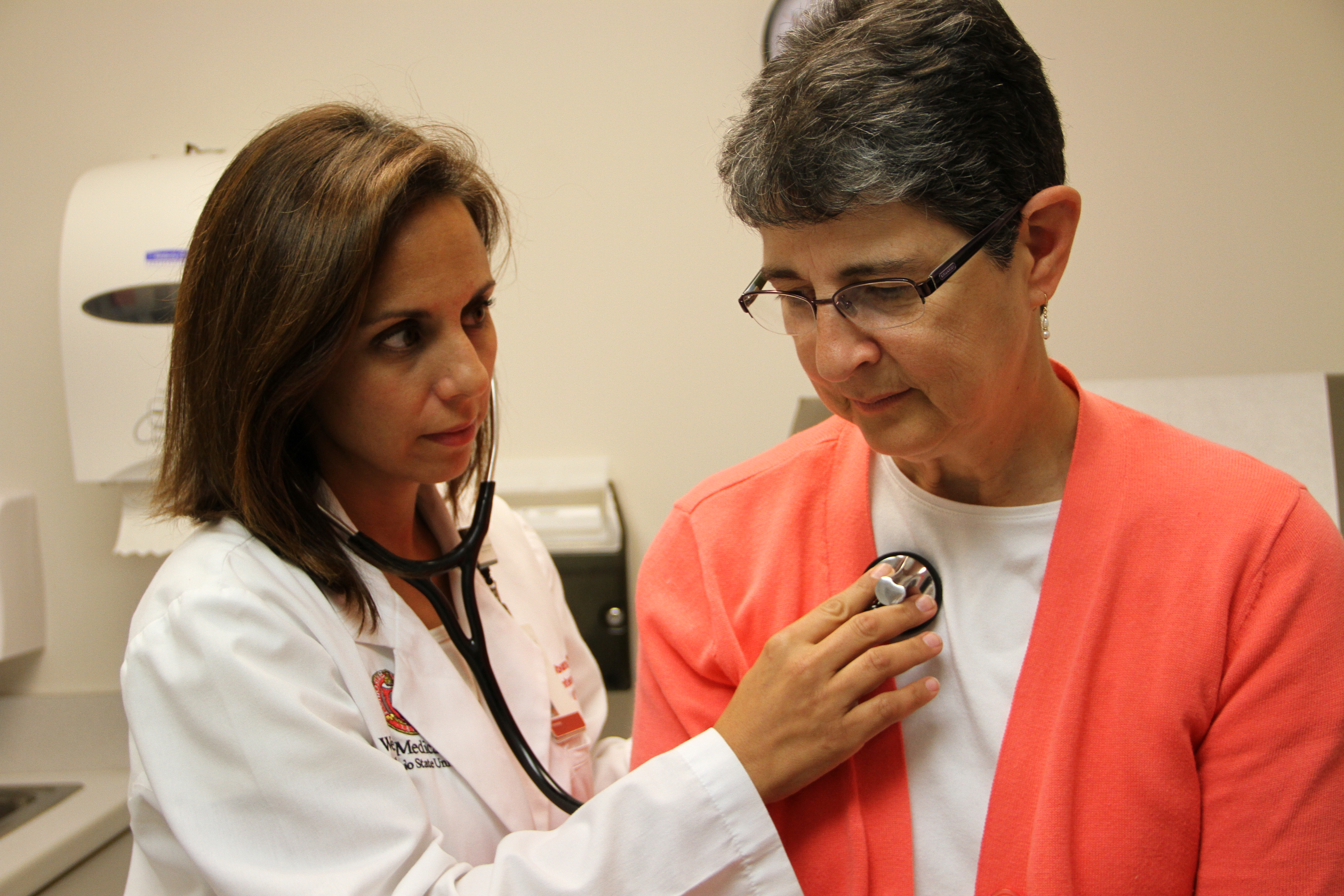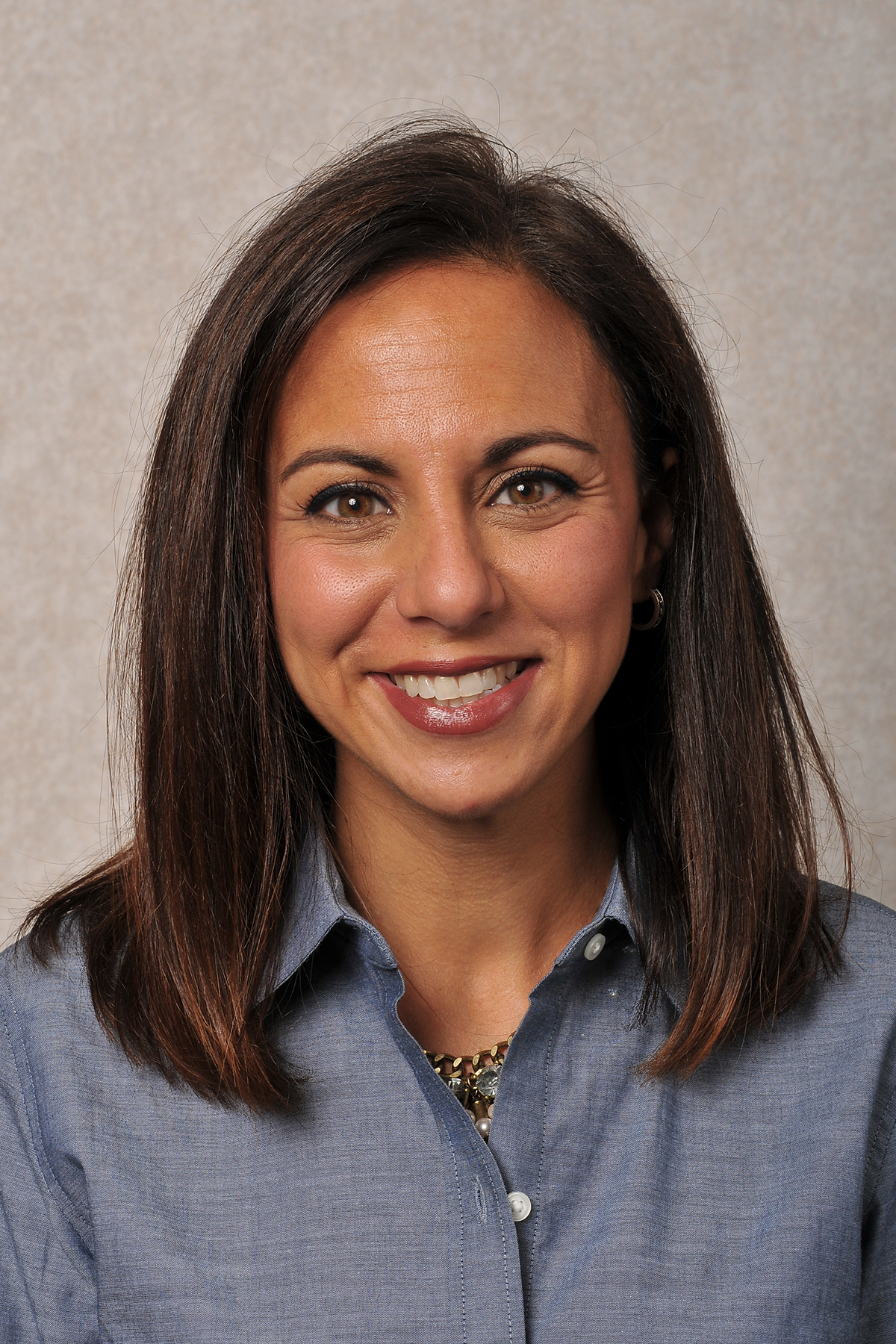October 28, 2014
 COLUMBUS, Ohio – Most Americans who spend part of the year on daylight saving time look forward to the extra hour of sleep when it’s time to “fall back” to standard time. We are a nation of sleep-deprived people, and experts at The Ohio State University Wexner Medical Center say all ages suffer in various, unhealthy ways.
COLUMBUS, Ohio – Most Americans who spend part of the year on daylight saving time look forward to the extra hour of sleep when it’s time to “fall back” to standard time. We are a nation of sleep-deprived people, and experts at The Ohio State University Wexner Medical Center say all ages suffer in various, unhealthy ways.“For children, sleep deprivation can lead to behavior problems, trouble focusing and learning in school and it can affect their immune systems,” said Dr. Aneesa Das, a sleep medicine specialist at Ohio State’s Wexner Medical Center. “Chronic tiredness makes it harder to cope and process what’s going on around you.”
When children enter the teen years, sleep becomes a bigger issue. Das says a teen’s circadian rhythm, or internal body clock, tells them to stay awake later and sleep later than children and adults do. She says only 15 percent of teenagers get the recommended sleep they need.
“Sleep is time the body uses to restore itself. Muscles and other tissues repair themselves, hormones that control growth, development and appetite are released. Energy is restored and memories are solidified, so we need to try to get regular sleep on a regular basis,” Das said.
For adults, sleep loss is even more serious. It accumulates over the years and has been shown to contribute to several chronic diseases including heart disease, diabetes, high blood pressure, depression and obesity. Adulthood is also when sleep-related disorders, such as insomnia or sleep apnea, are more likely. During menopause, women often experience night sweats and insomnia due to changing levels of hormones. As men age, an enlarged prostate can lead to more frequent trips to the bathroom overnight. Certain medications can also disrupt sleep, such as those for heart arrhythmia, high blood pressure and asthma.
 “Adult sleep gets more fragmented, or interrupted during the night,” Das said. “This could be caused by a medical condition, caring for young children, light and noise disturbance, pets or just the stress of the day.”
“Adult sleep gets more fragmented, or interrupted during the night,” Das said. “This could be caused by a medical condition, caring for young children, light and noise disturbance, pets or just the stress of the day.”Here are the recommended hours of sleep we should get throughout our lifetime, according to the National Sleep Foundation:
Infants: up to 16 hours total, including naps
- Toddlers (1-3 yrs): 12-14 hours, including naps
- Preschool (3-5 yrs): 11-13 hours, most do not nap after age 5
- School-age (5-12 yrs): 10-11 hours
- Teens: 8.5-9.5 hours
- Adults: 7-9 hours
To improve the chances of getting a good night’s sleep, Das offers a few tips: don’t perform vigorous exercise within four hours of bedtime; have a wind down routine that includes dim light; avoid using tablets, phones and laptops before bed because they emit blue light that interferes with sleep; try a warm bath two hours before bedtime and beware of sleep aid medications because they can have side effects.
###
Video and photos available for download: http://bit.ly/1rnVBSA
Media Contact: Marti Leitch
614-293-3737

